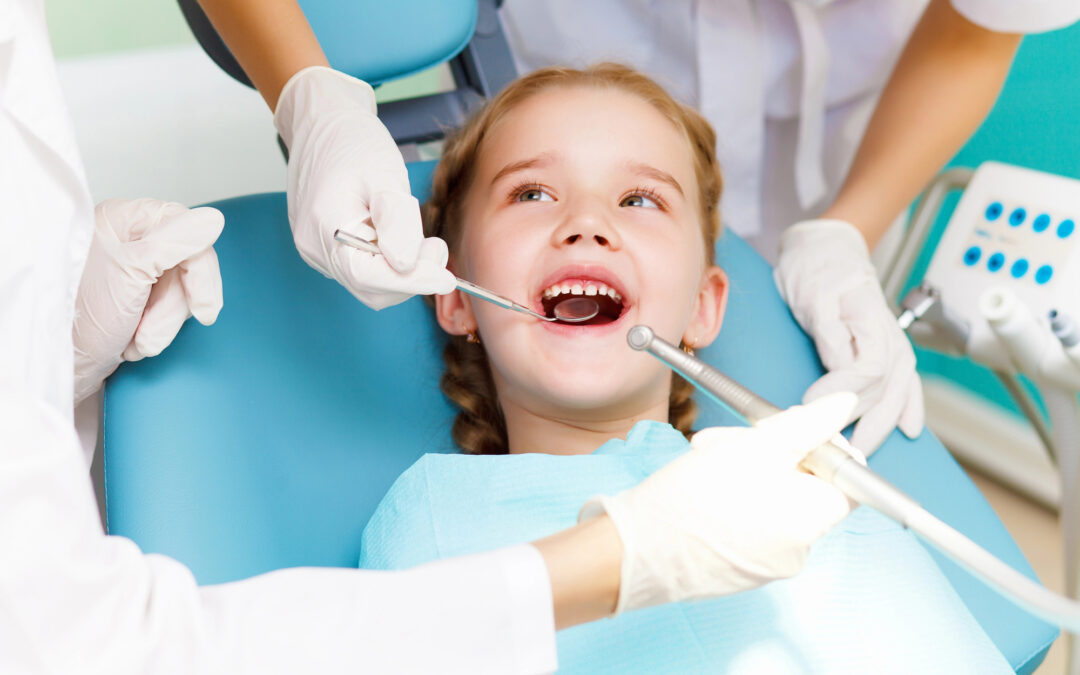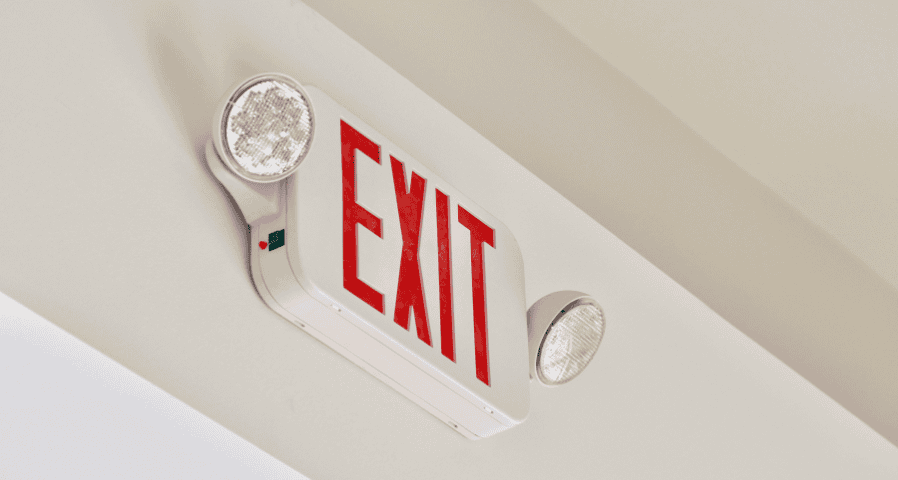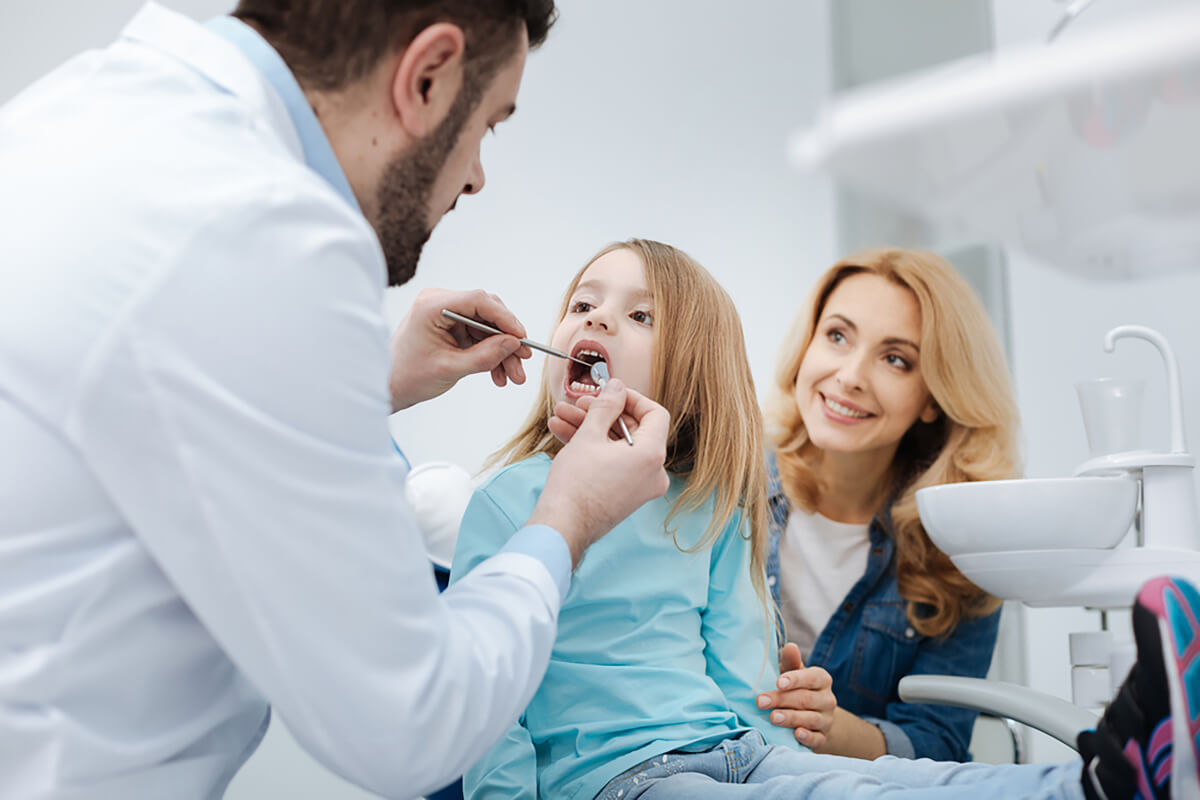It can be a little intimidating to attend a dental clinic for the first time, whether you're making a first appointment, returning after a long absence, or changing dentists. But knowing what to expect can go a long way in easing anxiety and ensuring your experience is as smooth and comfortable as possible. If you're looking for a comfortable and professional first experience, scheduling a check-up with a trusted Hornsby dentist can set the foundation for long-term oral health.
This guide will outline what typically happens and how to prepare so that you may go into your first dentist appointment with confidence.
Preparing For Your Appointment
Before you arrive, make sure you've gathered any necessary documents. Most dental practices will ask for:
A valid ID.
Your health or dental insurance information.
An inventory of current prescription drugs or medical conditions.
Any previous dental records, if available.
It's also helpful to arrive at least 10–15 minutes early to complete any required paperwork. Some clinics allow you to fill out new patient forms online in advance, which can save you time on the day of your visit.
When you arrive, let the receptionist or dental team know if you have any specific issues or dental anxiety, such as sensitive teeth or a phobia of X-rays. Clear communication helps them tailor the visit to your needs.
The Initial Consultation
Once you're checked in, a dental assistant or hygienist will take you to the treatment room. Your first visit usually begins with a discussion of your dental history and any current issues you're experiencing. This is your opportunity to share any pain, discomfort, or cosmetic concerns you might have.
A physical examination of your mouth, gums, teeth, and jaw will come next. The dentist will check for common problems such gum disease, decay, and oral cancer. They may also evaluate your bite and jaw alignment to check for problems like teeth grinding (bruxism) or temporomandibular joint (TMJ) disorders.
Dental X-Rays
Most new patient visits include a series of X-rays, which give the dentist a clear view of areas not visible during the physical exam. These images can reveal hidden cavities, impacted teeth, bone loss, or infections under the gumline.
The process is quick, painless, and involves minimal radiation. Digital X-rays are commonly used and provide immediate results for the dentist to review with you.
Cleaning And Hygiene
A hygienist will frequently provide a professional dental cleaning at your initial appointment. They will remove plaque and tartar accumulation from your teeth using specialised equipment, particularly in places that are difficult to reach with routine brushing and flossing.
Additionally, your teeth will be polished to get rid of surface stains, giving you a clean, fresh smile. The hygienist may offer tips on brushing techniques, flossing habits, and other at-home oral care practices tailored to your needs.
Personalised Treatment Plan
After your exam and cleaning, your dentist will discuss their findings with you. If any issues are detected—like cavities, gum inflammation, or signs of enamel wear—they will recommend a treatment plan.
This plan may include follow-up visits for fillings, root canals, or even cosmetic procedures like whitening or orthodontics. Your dentist will explain each step clearly, answering your questions and discussing your options.
In many cases, the first visit also includes setting up your regular check-up schedule, which is typically every six months.
Tips For A Positive First Experience
Be Honest: Share your dental history and any fears or concerns openly.
Ask Questions: Never be afraid to enquire about procedures, fees, or treatments.
Bring A Friend (If Needed): If you're feeling anxious, some clinics allow a support person to accompany you.
Keep An Open Mind: Nowadays, dental care is far more comfortable and sophisticated than it was in the past.
Conclusion
Your first dental visit is the foundation for your long-term oral health. You can maximise your appointment and establish a trustworthy relationship with your provider by being aware of what to anticipate and being honest with your dental staff. Getting regular dental treatment is a step towards complete well-being, not just having clean teeth. So take that first visit in stride—it's the start of a healthier smile.








